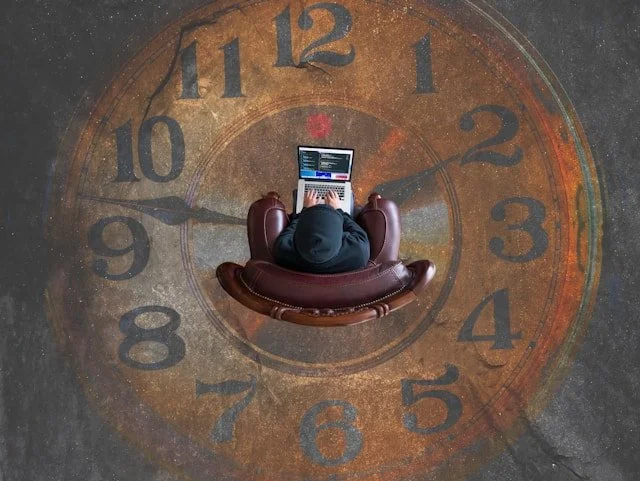Self-harm is often a way of coping with overwhelming emotions, numbness, or distress, rather than an intent to die. With understanding and the right support, it is possible to break the cycle and build safer ways to cope.
Read moreMore Than Skin Deep: Understanding Self-Harm
Understanding self-harm: Why it happens, why it’s hard to stop, how to support someone or yourself










